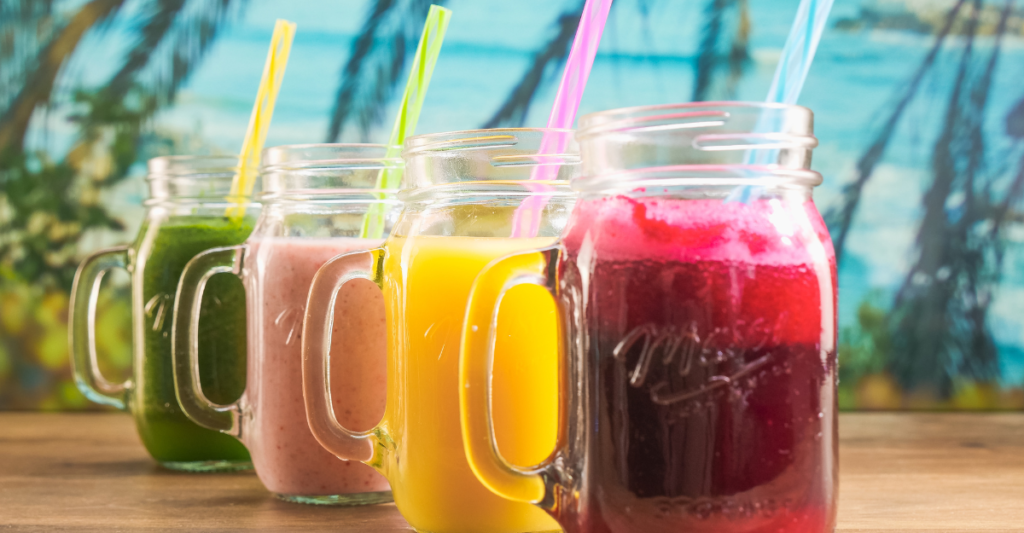How much caffeine does a Red Bull have? A standard 8.4-ounce (250 ml) can of Red Bull contains 80 milligrams of caffeine, comparable to a cup of coffee.
This amount provides a quick and effective energy boost, enhancing alertness and focus without overwhelming your system. Here is complete info about it.
What is Caffeine?

Caffeine is a natural stimulant most commonly found in coffee, tea, and energy drinks. It works by stimulating the central nervous system, which can make you feel more awake and alert. This can be particularly beneficial when you need to overcome fatigue or improve concentration.
Caffeine Content in Red Bull
When talking about energy drinks, Red Bull often comes to mind. Understanding its caffeine content can help students make informed choices about their caffeine intake. Here’s a breakdown of the caffeine content in various Red Bull energy drinks and how they compare to other common beverages.
A. Standard Red Bull (8.4 oz can)
Specific Amount of Caffeine
- The standard 8.4-ounce can of Red Bull contains 80 milligrams of caffeine. This amount is designed to give you a quick boost of energy and alertness.
- Comparison with Other Beverages
- Coffee: An average 8-ounce cup of coffee contains about 95 milligrams of caffeine, though this can vary widely depending on the type and brewing method.
- Tea: A typical 8-ounce cup of black tea contains around 47 milligrams of caffeine, while green tea contains about 28 milligrams.
- Soda: A 12-ounce can of soda like Coca-Cola contains about 34 milligrams of caffeine.
B. Red Bull Sugar-Free
Caffeine Content and Comparison to Regular Red Bull
- Red Bull Sugar-Free has the same caffeine content as the regular version, with 80 milligrams per 8.4-ounce can. The primary difference is the absence of sugar, replaced with artificial sweeteners.
C. Larger Sizes and Variations
- Red Bull (12 oz and 16 oz cans)
- 12 oz Can: Contains 114 milligrams of caffeine.
- 16 oz Can: Contains 151 milligrams of caffeine.
How Much Caffeine in Red Bull 500ml?
A 500ml can of Red Bull contains about 160 milligrams of caffeine. This size is quite popular and packs a significant punch of energy. For comparison, a typical cup of coffee has around 95 milligrams of caffeine, so a 500ml Red Bull is almost like drinking nearly two cups of coffee.
How Much Caffeine in Red Bull 330ml?
In a 330ml can of Red Bull, you will find approximately 105 milligrams of caffeine. This is a bit less than what you would get in a 500ml can but still provides a solid boost to help you stay alert and focused.
How Much Caffeine in Red Bull 473ml?
A 473ml can of Red Bull contains about 151 milligrams of caffeine. This is a middle-ground option between the 500ml and the smaller sizes, giving you a strong dose of caffeine to keep you going through the day or night.
How Much Caffeine in Red Bull 12 oz?
The 12 oz (approximately 355ml) can of Red Bull has about 114 milligrams of caffeine. This size is often preferred by those who need a substantial but not overwhelming caffeine hit.
Effects of Caffeine
Caffeine is a natural stimulant that affects the brain and body in various ways. Here’s a look at how it works, its benefits, and its potential risks.
How Caffeine Works in the Body
Caffeine primarily works by blocking adenosine, a neurotransmitter that promotes sleep. This blockage results in increased neuronal firing and the release of other neurotransmitters like dopamine and norepinephrine, which boost alertness and energy levels.
Benefits of Caffeine Consumption
- Increased Alertness: Helps you stay awake and focused, especially useful during long study sessions.
- Improved Physical Performance: Can enhance endurance and strength during exercise.
- Mental Boost: Enhances cognitive function, including memory, concentration, and reaction times.
Also explore the benefits of energy drinks
Potential Side Effects and Risks
- Short-term Effects
- Jitters and Anxiety: High doses can cause nervousness and restlessness.
- Increased Heart Rate: Caffeine can stimulate the heart, causing it to beat faster.
- Long-term Effects
- Dependency: Regular use can lead to tolerance, requiring more caffeine to achieve the same effects, and withdrawal symptoms if you stop suddenly.
- Health Concerns: Excessive consumption can lead to health issues like high blood pressure, heart problems, and digestive issues.
Also explore the side effects effects of Red Bull
Why Caffeine Matters
Caffeine matters in Red Bull because it provides a quick energy boost by stimulating the central nervous system. Each 8.4-ounce can contains 80 mg of caffeine, equivalent to a cup of coffee, enhancing alertness, focus, and physical performance.
It blocks adenosine, increases adrenaline, and boosts dopamine, improving mood and motivation. However, moderation is key to avoiding side effects like sleep disruption and jitteriness.
Is It Safe?
The FDA suggests that up to 400 milligrams of caffeine per day is generally safe for most adults. However, teenagers should aim for less, usually around 100 milligrams per day, due to their lower body weight and higher sensitivity to caffeine.
Quick Tips
- Moderation is Key: Don’t rely solely on energy drinks for your caffeine intake. Balance it with other sources like tea or coffee.
- Stay Hydrated: Caffeine can be dehydrating, so make sure to drink plenty of water.
- Know Your Limits: Everyone’s tolerance to caffeine is different. Pay attention to how your body reacts and adjust your intake accordingly.
Conclusion
Understanding the caffeine content in different sizes of Red Bull can help you make informed decisions about your consumption. Whether it’s a 500ml, 330ml, 473ml, or 12 oz can, knowing how much caffeine you’re taking in can help you stay safe and alert. Always remember to consume caffeine in moderation and be mindful of your body’s reactions.

